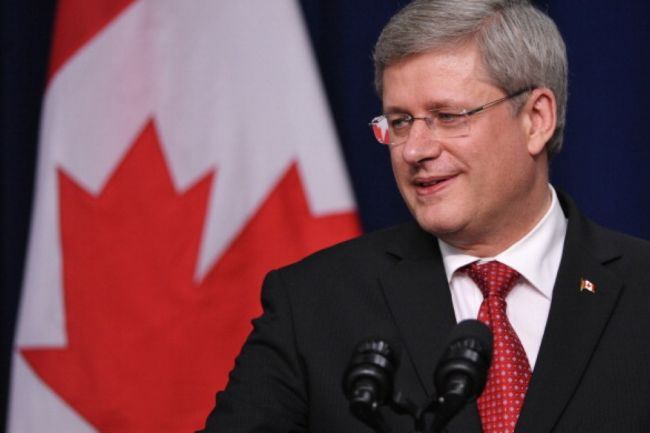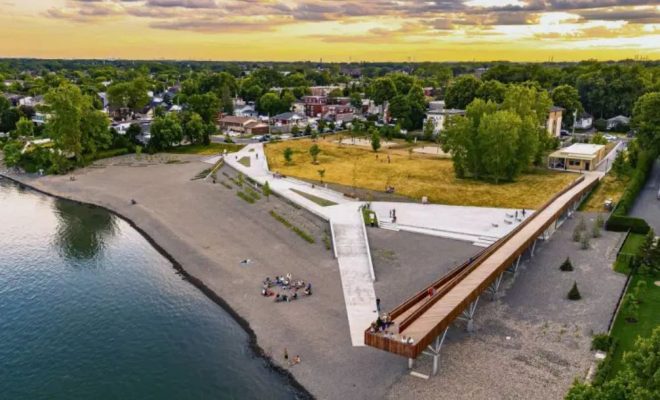How Montreal doctors detected the new COVID-19 variant in Quebec

Dr. Raymond Tellier was reviewing positive COVID-19 test results two weeks ago when one caught his eye.
Analyzing the printout that accompanies the results, the medical microbiologist realized something was off.
“Wait a minute,” he said to himself, reading the three curves on the graphic before him. “This is wrong.”
The result had come from the laboratory at Montreal’s Shriners Hospitals for Children, which receives up to 500 samples for analysis from the McGill University Health Centre each day.
Laboratory technicians at the Shriners had also flagged the result as interesting. Now Tellier, an associate professor at McGill University, sought to know if it meant what he thought it did.
His team sent the sample to Quebec’s public health laboratories for sequencing. Earlier this week, it confirmed what everyone suspected: The new, more contagious coronavirus variant first detected in the United Kingdom had arrived in Quebec.
“It’s how discoveries work. You start with one thing that doesn’t quite fit and then you look further into it,” Dr. Frank Rauch, director of clinical laboratories at the Shriners, said on Wednesday.
“And it was an interesting discovery for us.”
On Tuesday, the Quebec government announced the first case of the new variant had been detected in the province.
The health ministry said the person in question had been in contact with a family member who returned from the United Kingdom on Dec. 11 and tested positive for COVID-19 on Dec. 13.
The variant was only detected in one of three people the returning family member had contacts with.
The strain is believed to be more infectious and has prompted many countries, including Canada, to temporarily suspend flights from the U.K. Quebec’s announcement followed Ontario confirming two cases of the virus variant on Saturday.









